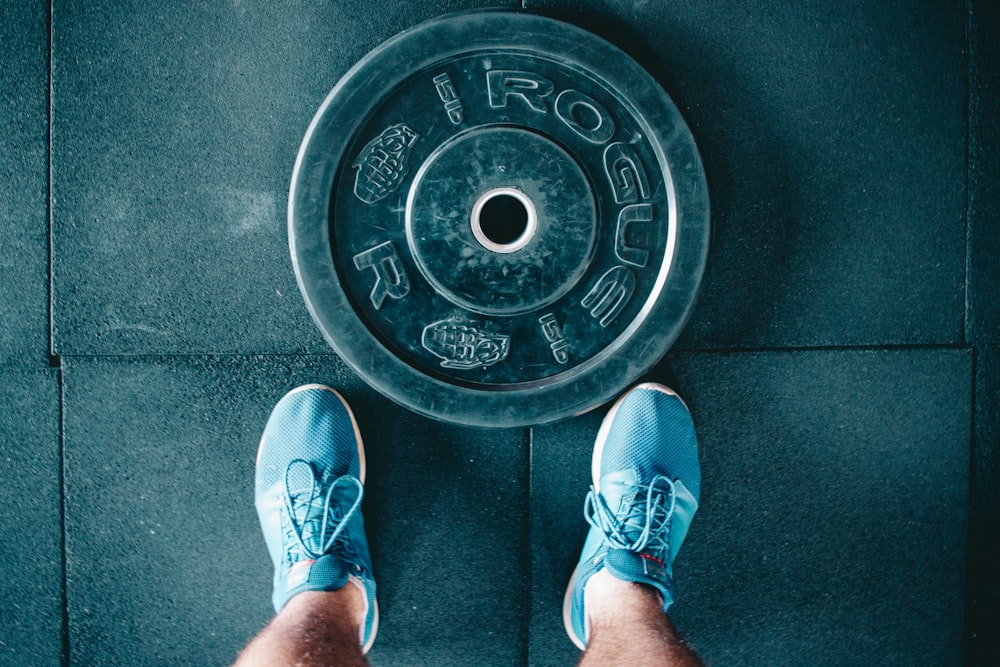
The human body requires daily nutritional intake to stay healthy and energetic. These nutrients cannot be produced by the body itself, so we must maintain a healthy and balanced diet or diet to get them.
If nutrients cannot be met, the body will show signs of nutritional deficiencies that can interfere with body health. The following are signs of nutritional deficiencies that are commonly found in the community.
Iron deficiency
Iron is the main component of red blood cells that binds hemoglobin and oxygen throughout the body. Unfortunately, nearly 25% of the world’s population is still iron deficient. The number increased in 47% of children of preschool age.
The most common consequence of iron deficiency is anemia. The condition makes the number of red blood cells decrease so that they cannot carry oxygen throughout the body. Symptoms of iron deficiency include fatigue, weakness, lethargy, impaired immune system, and brain function.
To overcome iron deficiency, you can eat the following types of food:
- Red meat
- Innards
- Seafood
- Canned Sardines
Iodine deficiency
Iodine is an essential mineral to support thyroid function and growth hormone. Without it, the body is unable to regulate metabolic rates, such as body growth, brain development, and bone maintenance.
The condition of nutritional deficiency in the form of iodine is still common throughout the world. This condition even affects almost a third of the world’s population, a condition that is quite alarming.
Symptoms of iodine deficiency are the appearance of a goiter or enlargement of the thyroid gland, and shortness of breath. The impact on children can even lead to mental retardation.
You can prevent iodine deficiency by adding table salt or table salt to taste in your food. In addition, try the following foods:
- Seaweed
- Fish
- Dairy products
- Egg
Vitamin D deficiency for health
Vitamin D is needed by the body to activate or deactivate a gene. Almost every cell in the body has a receptor for vitamin D.
Lack of vitamin D nutrition can cause muscle weakness, brittle bones, and the risk of fractures. In children, vitamin D deficiency can cause growth retardation and lead to rickets health.
To overcome vitamin D deficiency, you can eat the following foods:
- Cod fish oil
- Fatty fish
- Egg yolk
Vitamin B12 deficiency
Known as cobalamin, vitamin B12 is a type of vitamin that is easily soluble in water. Vitamin B12 has a very important role to support blood formation and support brain and nerve function.
Although very important, unfortunately the body cannot produce B12 on its own. So, we have to get it from food or supplements. Deficiency of vitamin B12 nutrition can be anticipated with injections of vitamin B12 or high-dose vitamin B12 supplements.
A common sign of vitamin B12 deficiency is the appearance of megaloblastic anemia. This disorder is a blood disorder that enlarges red blood cells. Other common symptoms are impaired brain function and increased levels of homocysteine that trigger heart disease.
The following foods can meet the intake of vitamin B12:
- Seafood
- Innards
- Meat
- Egg
- Milk
Calcium deficiency for health
Calcium is essential for the maintenance of bones and teeth. In addition, calcium acts as a signaling molecule throughout the body. Without sufficient calcium, it is impossible for the muscles, nerves, and heart to function optimally.
If there is a lack of calcium, the body will take calcium reserves from the bones. This is the cause of osteoporosis can occur. This disease is characterized by brittle bones and pain. Serious calcium deficiency can cause soft bone disease or rickets in children, as well as osteoporosis in the elderly.
One way to meet daily calcium intake is to consume milk or its derivative products. You can also eat dark green vegetables, such as spinach, broccoli, and pakcoy which are high in calcium.












